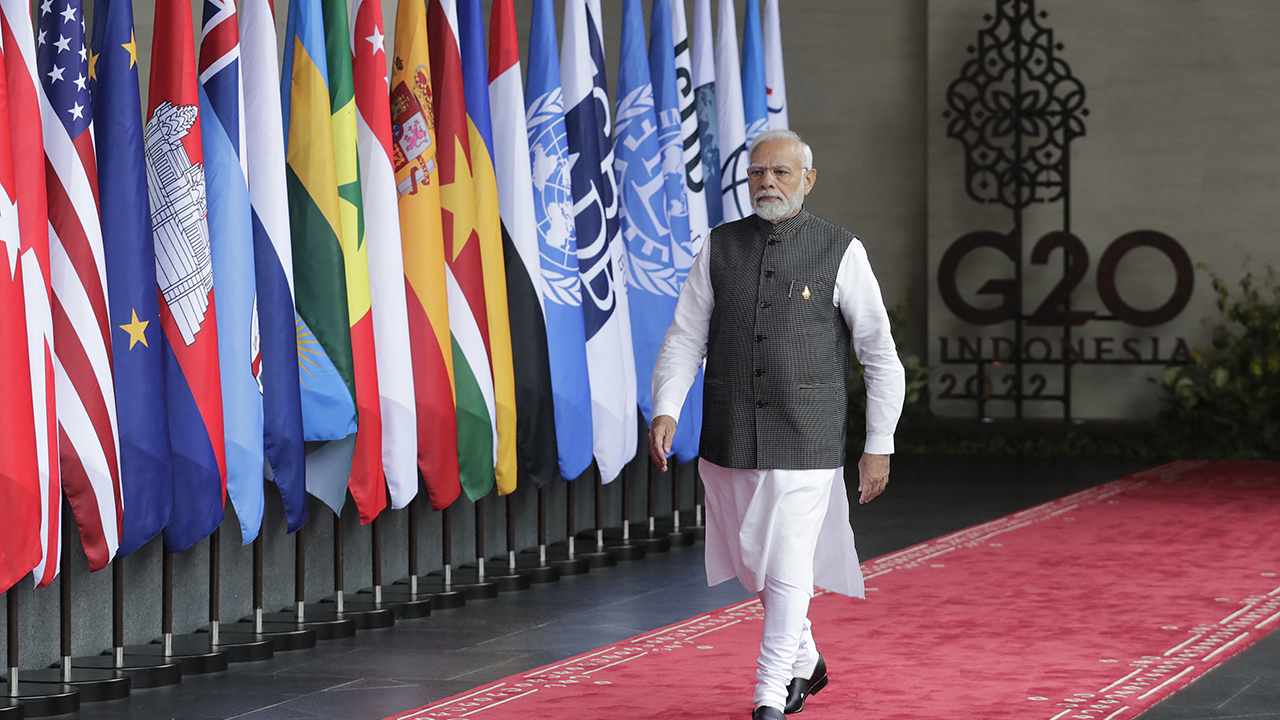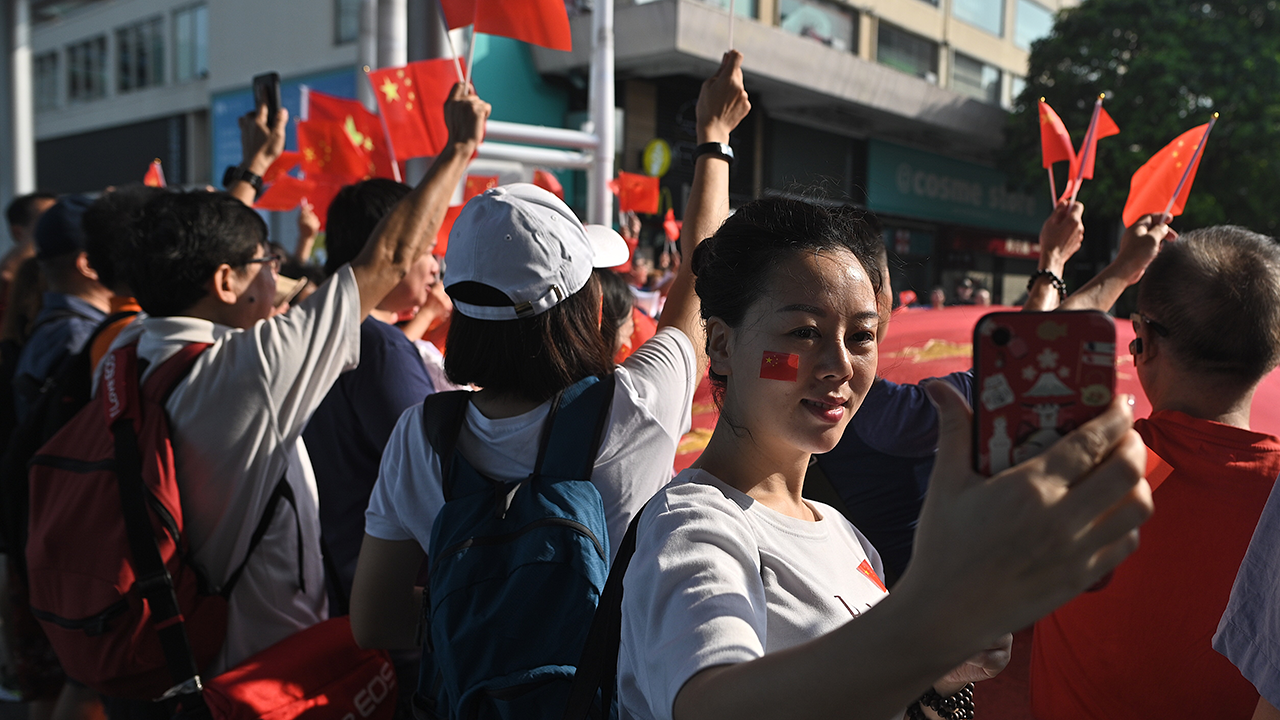
Refugees stream into Europe, where they are not welcomed with open arms
Many Europeans, especially in the continent's south, hold negative views of immigrants and are concerned about new arrivals from outside the EU.
Many Europeans, especially in the continent's south, hold negative views of immigrants and are concerned about new arrivals from outside the EU.
This presentation of findings from a survey conducted in the U.S. and Japan examines American and Japanese attitudes toward each other and their allies 70 years after the end of World War II.
This is a pivotal year in U.S.-Japan relations. As the two nations mark the 70th anniversary of the end of World War II in August, it is a moment for both the American and Japanese publics to reflect on the past — but also to take the temperature of the current bilateral relationship and to consider its future.
In a few short years, the proliferation of mobile phone networks has transformed communications in sub-Saharan Africa. It has also allowed Africans to skip the landline stage of development and jump right to the digital age.
The U.S. dropping atomic bombs on Hiroshima and Nagasaki has long divided Americans and Japanese: 56% of Americans say it was justified, versus 14% of Japanese.
We asked people in both countries if they associated particular words such as "hardworking," "inventive" or "selfish" with people in the other country.
A 2014 Pew Research Center survey of 43 countries showed that a median of 65% of people in Latin America had a positive view of the U.S.
While Americans and Japanese trust each other, both are wary of China, and they differ in their views of what role Japan's military should play.
Adversaries in World War II, fierce economic competitors in the 1980s and early 1990s, Americans and Japanese nonetheless share a deep mutual respect.
Survey Report Ahead of a March 31 deadline for nuclear talks with Iran, more Americans approve (49%) than disapprove (40%) of the United States negotiating directly with Iran over its nuclear program. But the public remains skeptical of whether Iranian leaders are serious about addressing international concerns over their nuclear enrichment program. If a nuclear […]
Across 12 countries, a median of 40% of adults say they have no confidence in Indian Prime Minister Narendra Modi to do the right thing regarding world affairs. About eight-in-ten Indians have a favorable view of Modi.
Majorities in most countries say China does not take into account the interests of other countries in its foreign policy, and China does not contribute to global peace and stability.
Across 24 countries, large shares have an unfavorable view of Russia and no confidence in Putin to do the right thing regarding world affairs.
Overwhelmingly, people believe the U.S. interferes in the affairs of other countries, but most also believe the U.S. contributes to peace and stability around the world. U.S. President Joe Biden receives mostly positive reviews.










